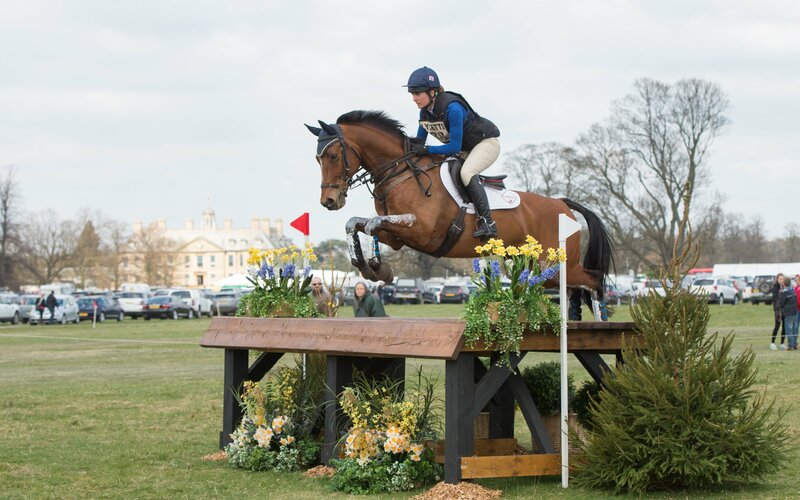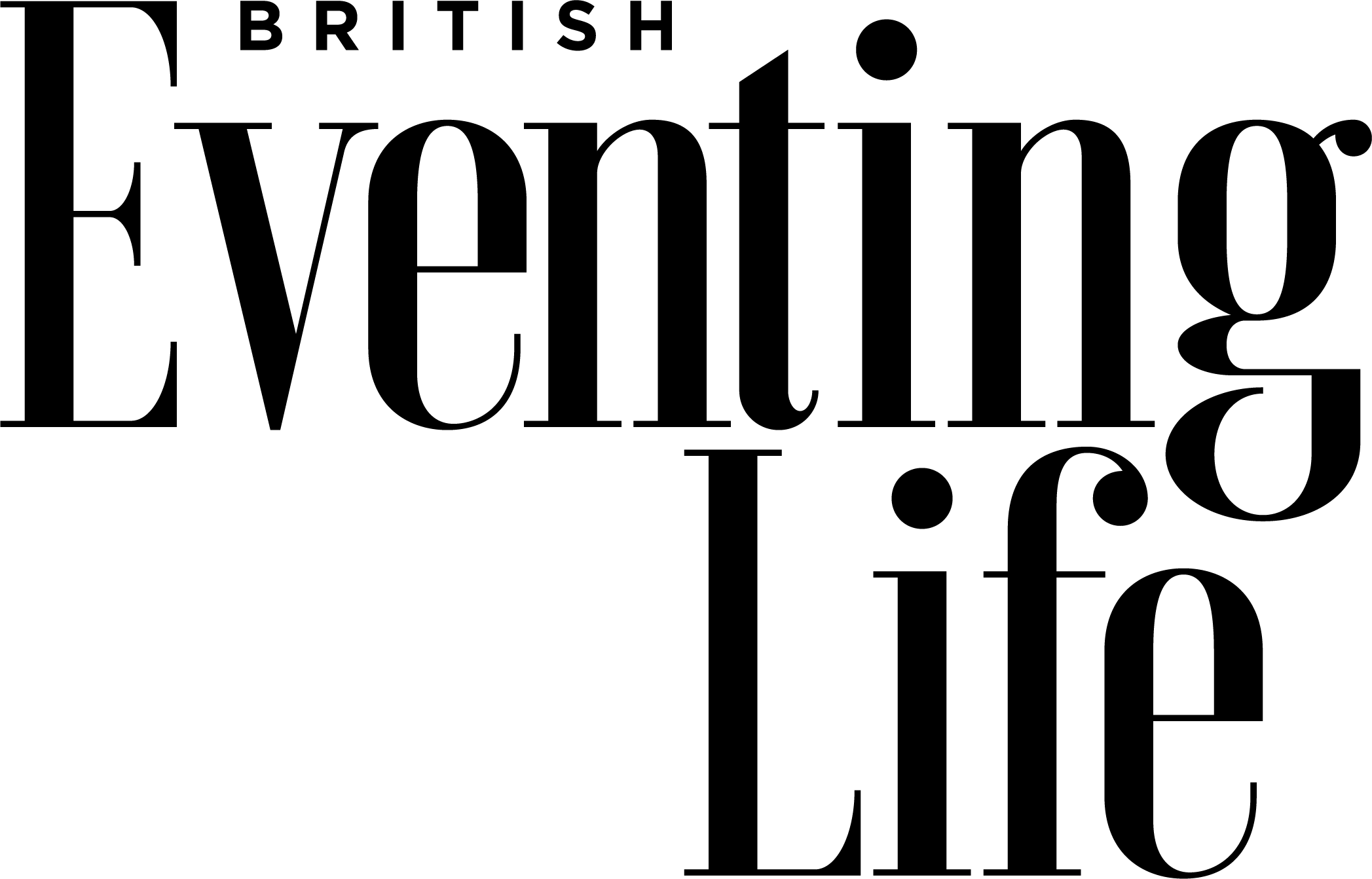
Everything you need to know about physiotherapy for horses
Physiotherapist Rachel Greetham explains what animal physiotherapy is and when it can benefit your horse.
Get the right physiotherapist for your horse
- Physiotherapy is concerned with maximising movement and function using applied knowledge of physiology, anatomy and biomechanics.
- In animal physiotherapy, the title ‘physiotherapist’ is not protected by law.
- This means that anybody, even someone without any physiotherapy qualifications, can call themselves an ‘animal physiotherapist’.
- The title ‘Chartered Animal Physiotherapist’ is protected.
- All Chartered Animal Physiotherapists are fully-qualified human physiotherapists (MCSPs) and have then undergone post-graduate education to qualify as Chartered Animal Physiotherapists and Category A members of ACPAT (The Association of Chartered Physiotherapists in Animal Therapy).
- Only work with Veterinary Referral (legislation means that before a physiotherapist treats your horse, they should get your vet’s permission).
- Make sure the physio has Professional and Public Liability Insurance.
When could physiotherapy help your horse?
- Soft tissue injuries to tendon, ligament and muscle.
- Back pain related/unrelated to lameness.
- Poor/inconsistent performance issues.
- Wounds and scar tissue.
- Splints, swellings and capped hocks.
- Behavioural issues.
- Lameness.
- Rehabilitation post-surgery.
- Age-related stiffness.
- Schooling/jumping problems.
- Sporting injuries.
- Prevention of injuries.
- Post competition to promote tissue recovery.
How do physiotherapists treat horses?
- There are a wide variety of manual techniques used, such as reciprocal inhibition, trigger point release, myofascial release, joint mobilisations, massage and stretches. These will reduce pain and muscle spasm, improve range of movement and flexibility.
- We also use electrotherapies such as ultrasound, laser, PEME H Wave, TENS and neuromuscular stimulation. These are used to promote the body’s natural healing process, reduce pain and complement the manual therapies used.
- Chartered Physiotherapists are very involved in the rehabilitation of horses following injury or post-surgery. Rehabilitation is very important to increase muscle strength, flexibility and aim to try to prevent recurrence of the injuries.
If you want to find a Chartered Animal Physiotherapist in your area, visit www.acpat.org
